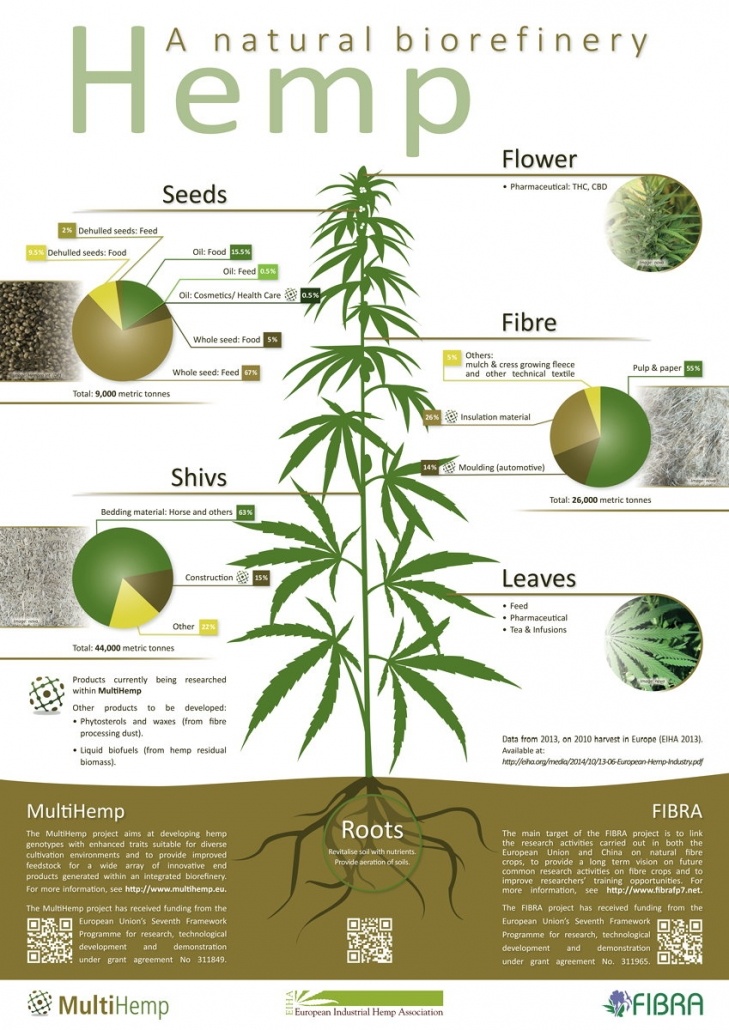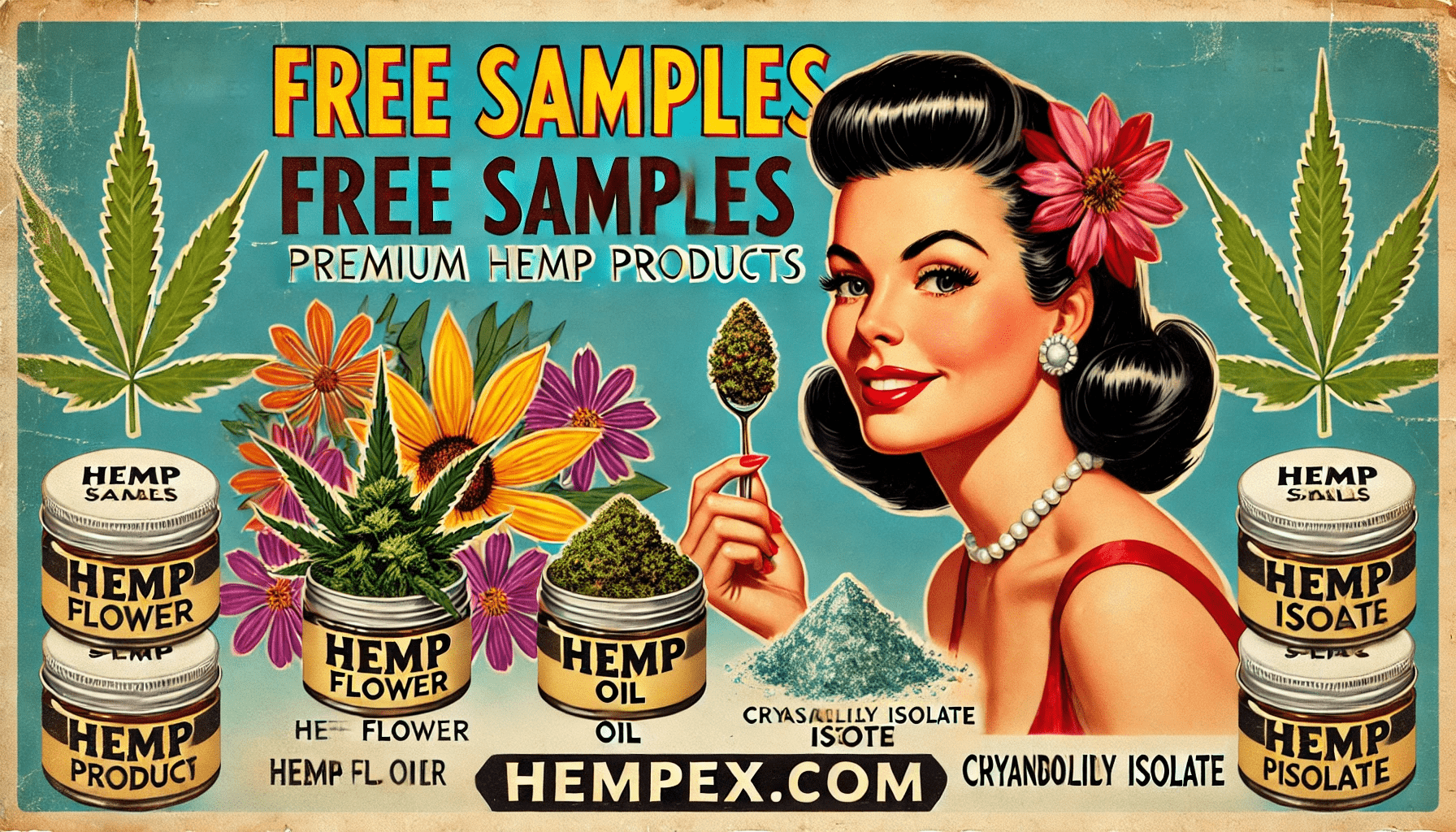Meet the “Raw” Acid Hemp Cannabinoids
Exploring Hemp Acid Cannabinoids: CBGA, CBDA, CBDVA, and THCA
Hemp is renowned for its vast array of beneficial compounds, with cannabinoids being among the most well-known. While CBD and THC often steal the spotlight, there’s another fascinating class of cannabinoids known as acid cannabinoids. These compounds, including CBGA, CBDA, CBDVA, and THCA, exist in their raw, acidic form before being converted into their active counterparts. In this blog post, we’ll explore what acid cannabinoids are, why they matter, and how compounds like CBGA, CBDA, CBDVA, and THCA play a crucial role in the hemp plant.
What Are Acid Cannabinoids?
Acid cannabinoids are the precursors to the cannabinoids that many consumers are familiar with, such as CBD and THC. These acids are produced naturally by the hemp plant and are present in raw hemp flowers. When these acids are heated—a process called decarboxylation—they transform into their more familiar forms:
•CBGA (Cannabigerolic Acid) converts into CBG.
•CBDA (Cannabidiolic Acid) converts into CBD.
•CBDVA (Cannabidivarinic Acid) converts into CBDV.
•THCA (Tetrahydrocannabinolic Acid) converts into THC.
In their raw form, these cannabinoids are non-psychoactive and offer a range of potential wellness benefits. By exploring each of these compounds, we can gain a deeper understanding of the natural potential of hemp.
1. CBGA: The Mother of All Cannabinoids
CBGA (Cannabigerolic Acid) is often referred to as the “mother of all cannabinoids” because it is the precursor to many of the other cannabinoids in the hemp plant. As hemp matures, CBGA is converted into a variety of other cannabinoids, including THCA, CBDA, and CBCA. Without CBGA, the other cannabinoids would not exist in the hemp plant.
Potential Benefits of CBGA:
•Anti-inflammatory: Studies suggest that CBGA may have anti-inflammatory properties, which could make it beneficial for conditions involving inflammation.
•Metabolic Support: Research into CBGA has shown it may play a role in metabolic regulation, making it of interest for conditions like diabetes.
•Neuroprotective: Early research indicates CBGA may have neuroprotective properties, which could help protect against certain neurodegenerative conditions.
2. CBDA: The Acidic Precursor to CBD
CBDA (Cannabidiolic Acid) is the acidic form of CBD. It is present in raw hemp flowers and converts to CBD when exposed to heat. While CBD is known for its anti-anxiety and anti-inflammatory properties, CBDA has its own unique benefits that are beginning to be recognized.
Potential Benefits of CBDA:
•Anti-inflammatory: Like CBD, CBDA is known for its potential anti-inflammatory effects, making it a natural option for those dealing with pain and inflammation.
•Anti-nausea: Some studies suggest that CBDA may be more effective than CBD in reducing nausea and vomiting, particularly for chemotherapy patients.
•Anti-anxiety: Early research indicates that CBDA may offer anti-anxiety effects, similar to its non-acidic counterpart, CBD.
3. CBDVA: A Lesser-Known Acid Cannabinoid
CBDVA (Cannabidivarinic Acid) is a lesser-known cannabinoid that is closely related to CBDVA. It is the precursor to CBDV (Cannabidivarin), a compound that has garnered attention for its potential anti-epileptic properties. While research on CBDVA is still in its early stages, it is believed to offer many of the same benefits as CBDV.
Potential Benefits of CBDVA:
•Anti-seizure: Like CBDV, CBDVA is being explored for its potential use in managing seizures and epilepsy, particularly in cases of drug-resistant epilepsy.
•Anti-inflammatory: CBDVA may also have anti-inflammatory effects, making it a candidate for further research in inflammation-related conditions.
•Gut Health: Some studies suggest CBDVA and its converted form, CBDV, may support gut health, potentially helping with conditions like Crohn’s disease and irritable bowel syndrome (IBS).
4. THCA: Non-Psychoactive, But With Potential
THCA (Tetrahydrocannabinolic Acid) is the precursor to THC, the psychoactive compound in cannabis. In its raw form, THCA does not produce any psychoactive effects, but once heated, it decarboxylates into THC, which can cause intoxication. However, THCA has its own set of benefits when consumed in its raw, unheated form.
Potential Benefits of THCA:
•Anti-inflammatory: THCA has shown potential as an anti-inflammatory compound, which could be helpful in conditions like arthritis.
•Neuroprotective: Early research suggests that THCA may help protect brain cells, making it of interest in neurodegenerative conditions like Alzheimer’s and Parkinson’s disease.
•Anti-nausea: THCA may help reduce nausea and vomiting, which makes it a potential option for those undergoing chemotherapy or dealing with chronic nausea.
How Acid Cannabinoids Convert to Active Cannabinoids
The process of decarboxylation is key to understanding how these acid cannabinoids convert into their active forms. When CBGA, CBDA, CBDVA, or THCA is exposed to heat, the carboxyl group (COOH) is removed from the molecule, turning them into CBG, CBD, CBDV, or THC, respectively.
This process typically happens through:
•Smoking or vaping: Heating the raw flower causes immediate decarboxylation, converting the acids into their active forms.
•Cooking: Baking hemp flower at a low temperature (220°F to 240°F) will decarboxylate the acids and activate the cannabinoids for use in edibles.
•Sunlight: Over time, even sunlight can cause slow decarboxylation in hemp flowers.
Why Raw Acid Cannabinoids Matter
While most consumers are familiar with the decarboxylated versions of cannabinoids like CBD and THC, acid cannabinoids have their own unique benefits that should not be overlooked. Because they are non-psychoactive, they offer therapeutic benefits without any intoxicating effects, making them an excellent option for those who want the benefits of hemp without the “high.”
Some consumers prefer to consume hemp in its raw form—either through juicing raw hemp leaves or using tinctures made from raw hemp flower—to take advantage of these non-psychoactive acid cannabinoids.


